We tend to think of anxiety as a phenomenon that makes us fearful or stressed, or worried about something. But Heidegger and Kierkegaard understood the phenomenon of anxiety very differently. For them, anxiety isn’t about any one thing in particular, but a disruption of our worlds where all meaning is suddenly lost. This reveals something important about how we make sense of our life, writes Maria Balaska.
We are inhabitants of worlds. Not just geographical worlds, like London, or Europe, but also the worlds of our activities, practices, and interactions, like the world of a kitchen, of a philosophical conversation, of a friendship, of a love affair, of a film, etc. This is the only way in which we encounter and make sense of things, including ourselves and others; not in a vacuum but through our involvements with them, our various activities and practices. We encounter bread, mugs, and coffee in preparing breakfast; newspapers and articles when reading the news; posts, comments, and threads when we are on social media, etc. Despite variations in what this looks like for each one of us, our lives share a fundamental trait: we always find ourselves amid entities, engaging with them meaningfully, entangled in worlds.
Or rather, almost always. Sometimes our worlds are disrupted. This article is about an unusual kind of disruption and how it reveals something important about who we are.
Most usually the disruption of our worlds involves some kind of breakdown. There are less severe and more severe cases of breakdown, and the entities that were habitually available to us through these worlds become unavailable -at least for a while. When there is a power cut, we may not be able to cook, check our social media feed, or listen to our favourite album. After a divorce, the worlds that made up the relationship break down: we will not share the same house anymore, we will not visit our favourite restaurant together anymore, nor utter meaningfully the phrases that were unique to that relationship. Recently, the pandemic became a more generalised breakdown of our worlds. Among other losses, we stopped being able to share physical space with loved ones, visit our workplaces, or travel beyond our cities or countries. We almost forgot how to socialize with others.











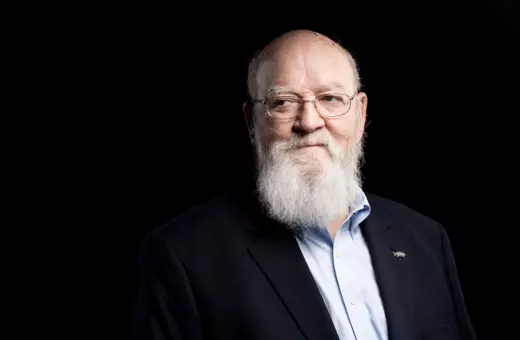



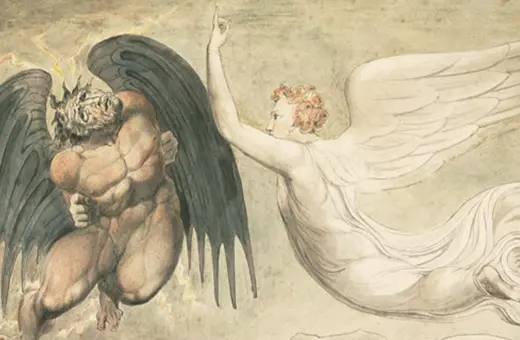
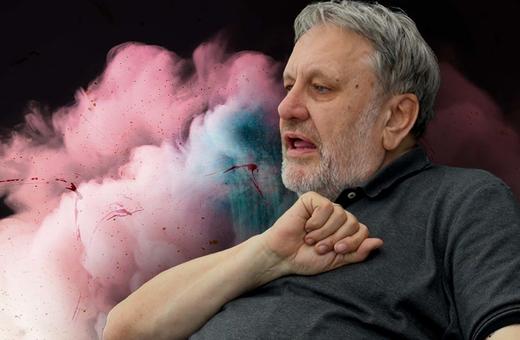
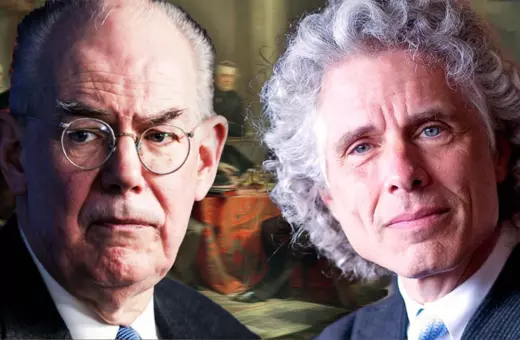


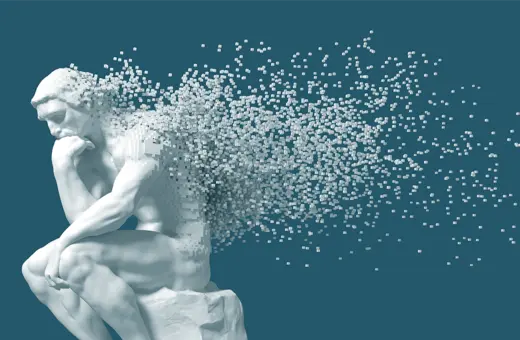
Join the conversation